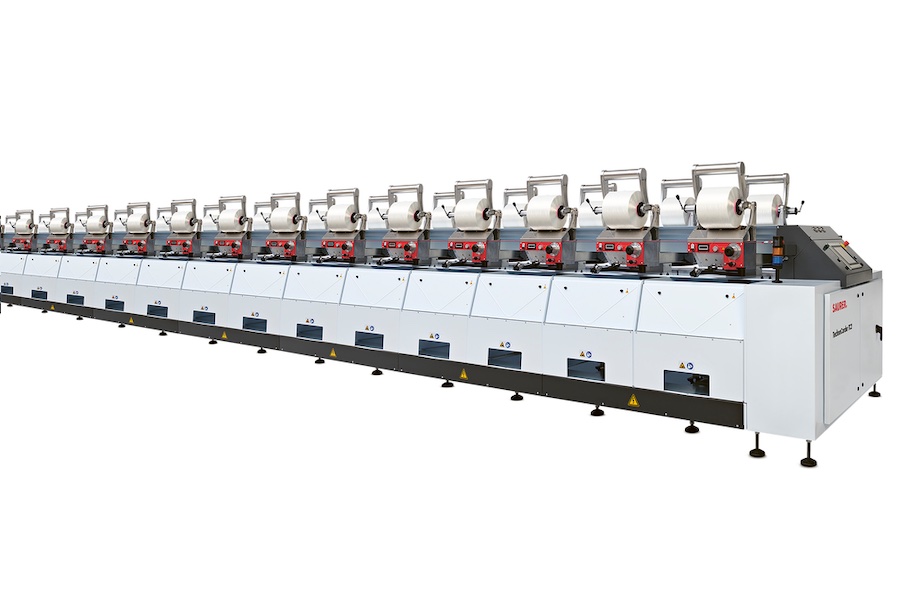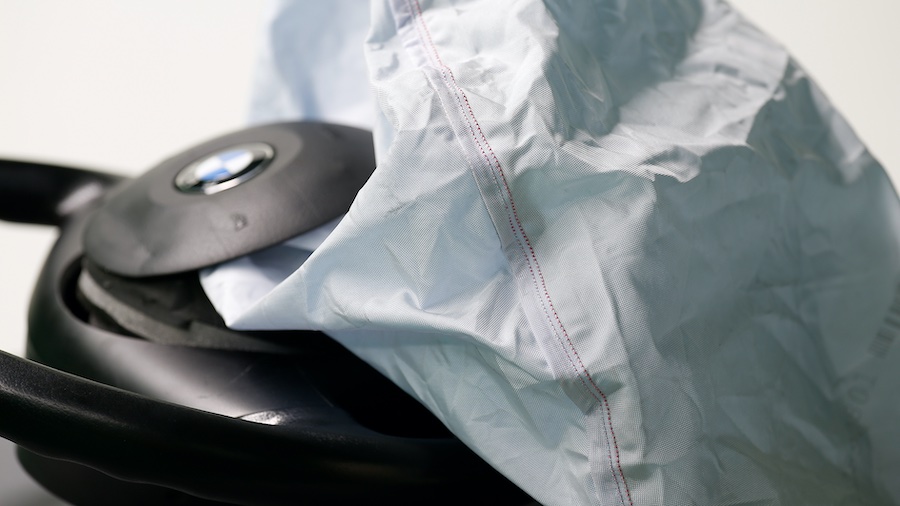#Recycling / Circular Economy
Carbios receives support from the European Commission through the LIFE program
- Carbios and its partners T.EN Zimmer GmbH and Deloitte receive a grant of € 3.3 million (including € 3 million for Carbios) spread out over the project’s 39 months[1]
- The LIFE initiative of the European Commission intends to encourage high-potential innovative projects in the sectors of the environment and climate change.
Carbios’ first participation in a European funding program will support the industrial deployment of its enzymatic PET recycling process, C-ZYME ™
The European LIFE funding program is a major grants tool that supports innovative solutions with low environmental impact and a track record of industrial deployment. Carbios’ C-ZYME™ technology fully complies with the European Commission’s goals.
Faced with the limitations of thermomechanical recycling processes, Carbios’ approach is unique in that it creates value for plastic and textile waste by providing 100% recycling of all types of PET waste without loss of quality. Carbios is committed to a truly circular economy model across the whole value chain of the plastics and textiles life cycle. At the cusp of industrialisation, its one-of-a-kind method will fulfil both the European Union’s regulatory requirements[2] and the ambitions of large companies that have announced significant commitments to sustainable materials. “We were able to demonstrate the significant deployment capacity of our enzymatic PET recycling technology by bringing our industrial demonstration unit into operation in September 2021. The grant will help fund the development of trials on plastic and textile waste at the demonstration plant, which will help confirm the process’s scale-up and lead to the commercialization of our technology through licensing,” says Kader Hidra, Carbios’ Chief Financial Officer.
The LIFE program aims to fund initiatives that meet the regulations that the European Union is enacting. Recent legislative reforms[2] in favor of an improved end of life of plastics, have created a major potential for enzymatic recycling of plastics and textiles in PET.
[1] This funding, made up of grants, will be paid in several instalments over the duration of the project with an initial payment of 40%.
[2] DIR (2019)/904 on single-use plastics, Circular Economy Action Plan (strategy for textiles and strategy for a cleaner and more competitive Europe COM (2020)98), The EU Strategy for Plastics in the Circular Economy European Green Deal COM (2019)640)
















